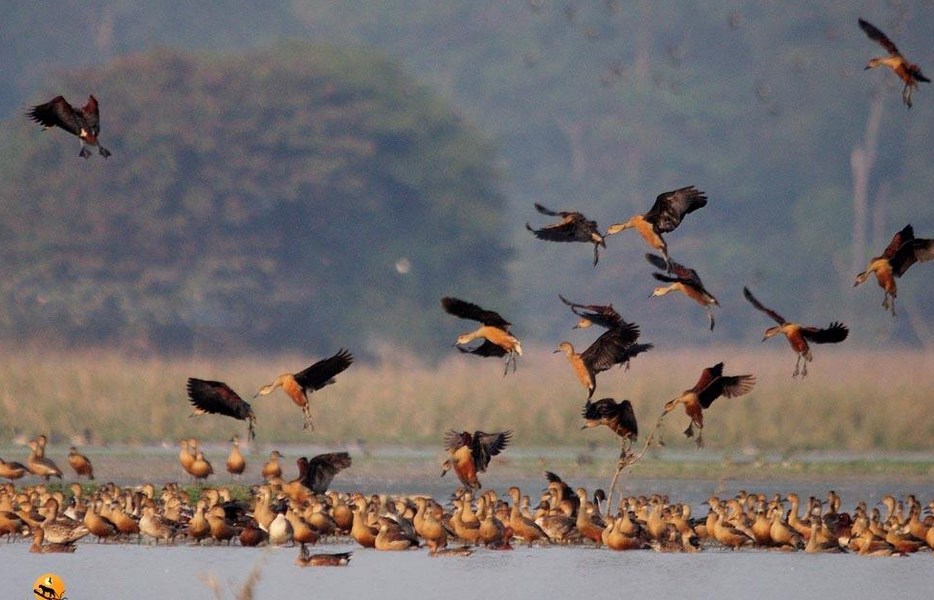Wildlife (Protection) Amendment Bill, 2022
The Rajya Sabha has recently passed the Wildlife (Protection) Amendment Bill, 2022 which makes changes in the Wildlife (Protection) Act, 1972 and give effect to India’s obligations to the CITES. The Bill was earlier passed by the Lok Sabha on August 2 this year.
What are key amendments proposed by the Amendment Bill?
- Insertion of a new schedule for specimens listed in the Appendices under the Convention on International Trade on Endangered Species of Wild Fauna and Flora (CITES), a global agreement that requires countries to regulate listed specimens via permits.
- Amendment to Section 6 to set up a Standing Committee to exercise powers and duties that may be delegated to it by the State Board for Wildlife.
- Amendment to Section 43 to allow elephants (protected under Schedule I) to be used for “religious or other purposes”
- The Bill introduces Section 49E to empower the central government to set up a Management Authority to grant permits for importing or exporting specimens. This management authority can use an identification mark to recognize the traded specimen. Any changes or removal of this identification is banned.
- The newly introduced Section 49F empowers the Central Government to designate a Scientific Authority to advice on issues pertaining to the impact of trade on the species’ survival.
- The Bill proposes the regulation of the control of sanctuaries. It allows the Chief Wildlife Warden to act according to the management plans of the sanctuary, which are prepared by as per the guidelines of central and state governments.
- The Bill also empowers the state and central governments to declare areas adjacent to national parks and sanctuaries as a conservation reserves to protect the species and their habitats.
- The Central Government is empowered to regulate and halt the import, trade, or possession of invasive plants or animals that are not native to the habitat.
- The Bill requires every individual possessing live specimens of scheduled animals to obtain a registration certification from the Management Authority. It also provides that people may “voluntarily surrender’ any captive animals to the Chief Warden. The surrendered animals will become the state government’s property.
- The Bill increases the penalties prescribed for the violation of the Act’s provisions. For “general violations”, the maximum fine has been increased from Rs.25,000 to Rs.1 lakh. For specially protected animals, the minimum fine has been increased from Rs. 10,000 to Rs. 25,000.
Month: Current Affairs - December, 2022
Category: Legal & Constitution Current Affairs


